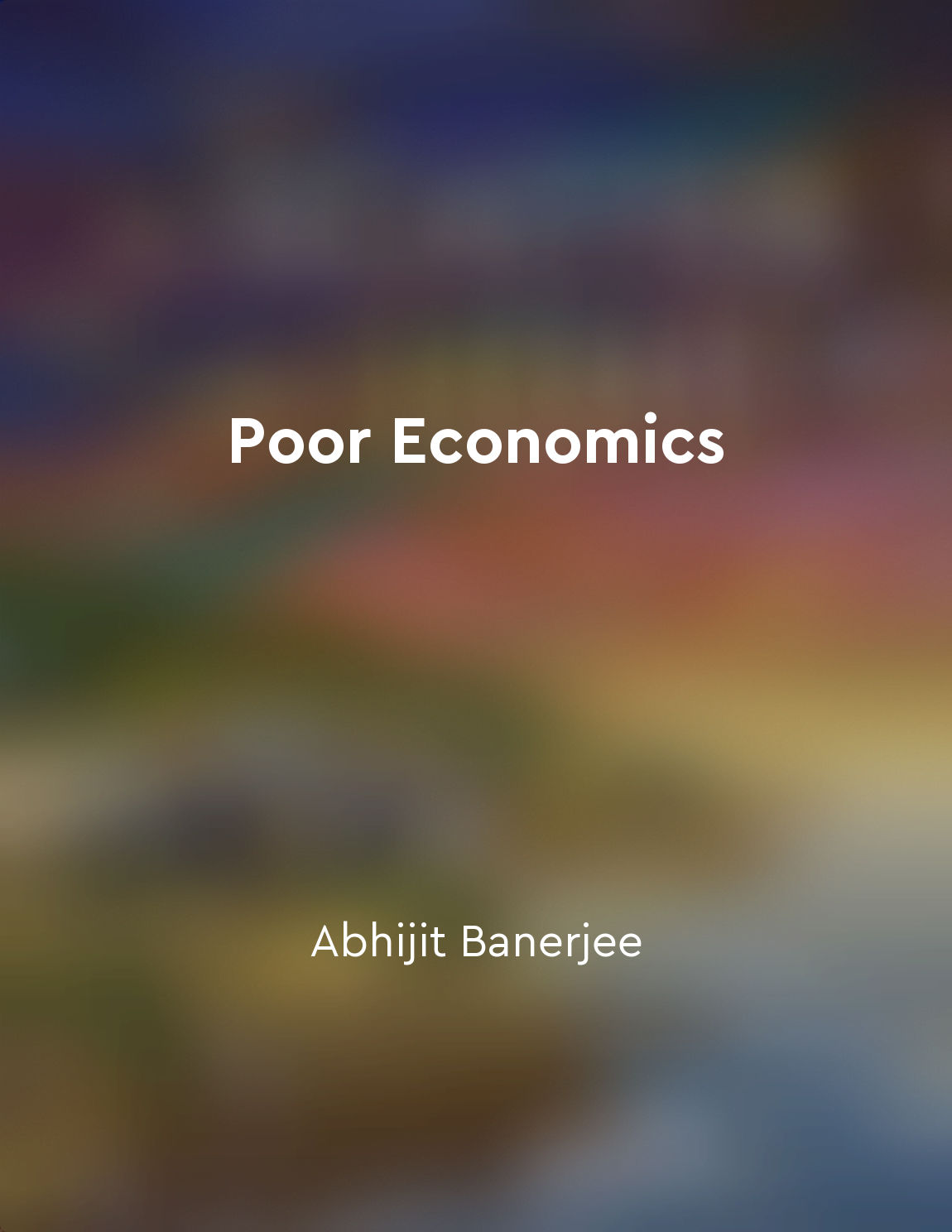Developing nations struggle under heavy debts from "summary" of The New Confessions of an Economic Hit Man by John Perkins
Many developing nations around the world find themselves in a dire predicament. They are burdened by heavy debts that they can never hope to fully repay. These debts have been strategically engineered by powerful corporations and governments, with the goal of exerting control and influence over these countries. The debt trap begins innocuously enough – with promises of economic development and prosperity. Loans are extended to these nations for infrastructure projects, such as roads, bridges, and power plants. However, these projects often come with exorbitant price tags and high interest rates, saddling the countries with unsustainable levels of debt. As the debt mounts, the developing nations become increasingly beholden to their creditors. These creditors, often representing the interests of wealthy nations and corporations, use the debt as leverage to extract concessions and favors from the debtor countries. These may include preferential trade deals, access to natural resources, or favorable terms for multinational corporations operating within their borders. Meanwhile, the people of these developing nations suffer the consequences of the debt burden. Public services are slashed, social programs are dismantled, and poverty levels skyrocket. The cycle of debt and dependency perpetuates, as the developing nations struggle to make even the minimum payments on their loans. Ultimately, the debt trap serves as a tool of economic domination and control. It perpetuates a system of exploitation that benefits the wealthy and powerful at the expense of the poor and vulnerable. The developing nations are left to grapple with the repercussions of their indebtedness, while the true beneficiaries of the system continue to reap the rewards. In this way, the concept of developing nations struggling under heavy debts is not simply a matter of financial mismanagement or poor decision-making. It is a deliberate and calculated strategy employed by those in positions of power to further their own interests and maintain their dominance on the global stage.Similar Posts
Austerity measures harm economic recovery
Austerity measures are often seen as a necessary evil in times of economic crisis. The idea is that by cutting government spend...
Working towards a more equitable and inclusive society for all
The vision of a society where every individual is given equal opportunities and resources to thrive is a noble one. It is a vis...
Avoid car loans and instead pay cash for vehicles
When it comes to buying a car, the idea of taking out a loan has become the norm in our society. Many people think that borrowi...
Foreign aid should not come at the expense of independence
Foreign aid is a vital resource for developing countries, but it should never be accepted at the cost of sacrificing independen...
Mortgage debt plays a significant role in economic downturns
Mortgage debt is like a double-edged sword in the realm of economic downturns. On the one hand, it can fuel a boom in the housi...

Innovations in technology have the potential to transform the lives of the poor
Innovations in technology hold great promise for changing the lives of the poor. The poor often face a myriad of challenges tha...

Technological advancements have both positive and negative impacts on globalization
Technological advancements play a critical role in shaping the process of globalization. On the one hand, they have helped to f...
